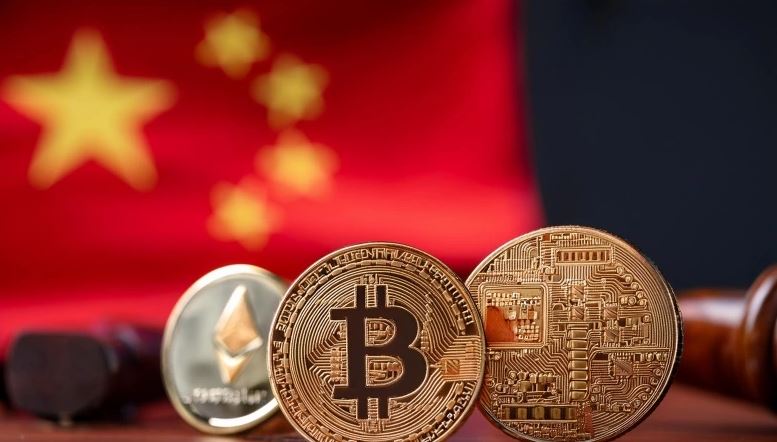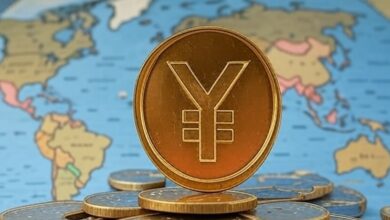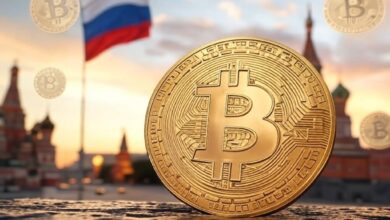China Presses Pause on Hong Kong’s Real-World Asset Ventures, Why?

China’s top securities regulator has quietly urged several mainland brokerages to pause their real-world-asset (RWA) tokenization plans in Hong Kong, reflecting Beijing’s unease with the city’s rapidly expanding digital-asset market, according to two people familiar with the matter.
RWA tokenization converts traditional holdings like stocks, bonds, funds, and even property, into blockchain-based tokens.
Over the past year, a growing number of Chinese financial firms have used Hong Kong’s liberal virtual-asset rules to launch RWA products aimed at global investors.
Informal Guidance, Formal Concern
At least two leading brokerages recently received unofficial instructions from the China Securities Regulatory Commission (CSRC) to hold off on new RWA initiatives offshore, the sources said. The advice, delivered privately, was described as a precaution to ensure that tokenized products are backed by verifiable, sustainable businesses and that risk controls are in place.
The CSRC has not commented publicly on the matter. Hong Kong’s Securities and Futures Commission and the Hong Kong Monetary Authority (HKMA) also declined to respond to inquiries.
Diverging Approaches
The move highlights the stark policy split between Beijing and Hong Kong. Mainland authorities banned cryptocurrency trading and mining in 2021 to protect financial stability. Hong Kong, by contrast, has promoted itself as Asia’s digital-asset hub, rolling out a licensing regime for stablecoins and inviting banks and brokerages to offer crypto-related services.
That divergence has drawn Chinese institutions to the territory. GF Securities’ Hong Kong unit introduced “GF Tokens” this summer yield-bearing instruments linked to U.S. and Hong Kong dollars and offshore renminbi. China Merchants Bank International helped Shenzhen Futian Investment raise 500 million yuan ($70 million) through an RWA-based digital bond. Property developer Seazen Group recently announced plans for a Hong Kong research center focused on tokenization.
A Market Poised to Explode
The global market for tokenized real-world assets is valued at roughly $29 billion, but industry forecasts suggest it could surpass $2 trillion by 2030, according to data provider RWA.xyz and research from China Merchants Securities. Hong Kong’s new stablecoin regime has only heightened the enthusiasm: the HKMA says 77 firms have expressed interest in licenses since the framework was introduced this summer.
Shares of Chinese companies venturing into digital assets have reflected the excitement. State-owned Guotai Junan International’s stock at one point surged more than 400% after it gained approval to offer crypto trading in Hong Kong. Fosun International jumped nearly 28% in August after its chairman met with senior Hong Kong officials to discuss stablecoin projects.
Waiting for Clarity
For now, it is unclear how long Beijing’s unofficial pause will last or how broadly it will apply. But the guidance highlights a growing tension: while Hong Kong courts global capital with cutting-edge digital finance, mainland regulators remain determined to keep China’s own financial system insulated from speculative risk.
Whether the two approaches can coexist, or eventually collide, may help determine the next phase of Asia’s race to dominate the tokenized-asset economy.





